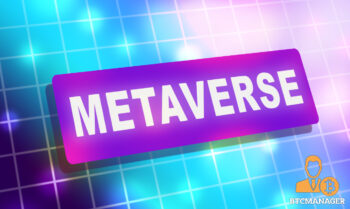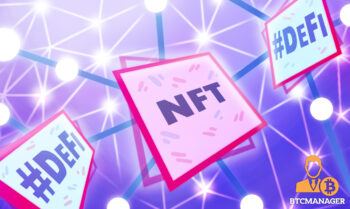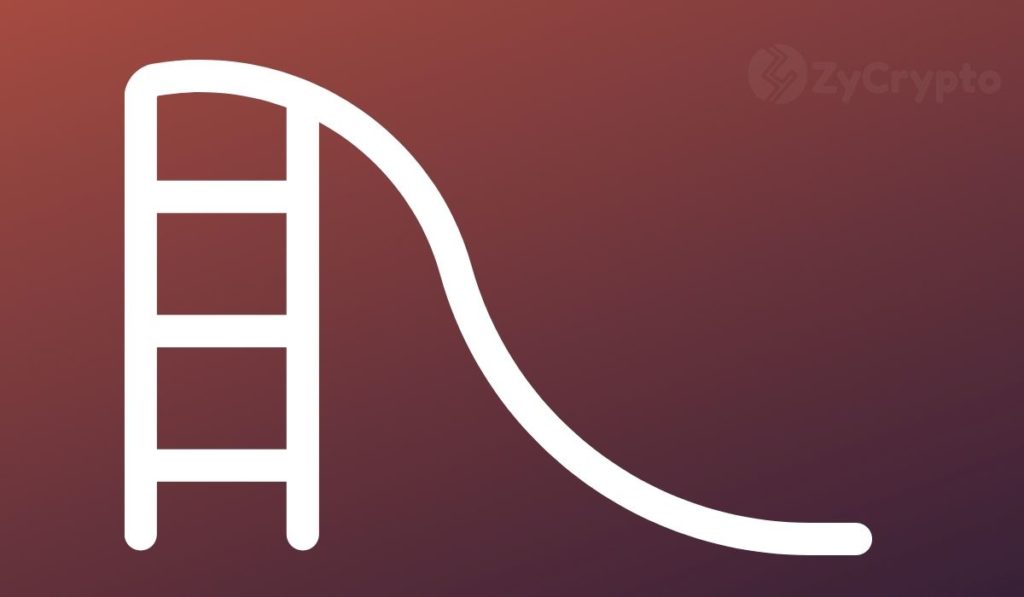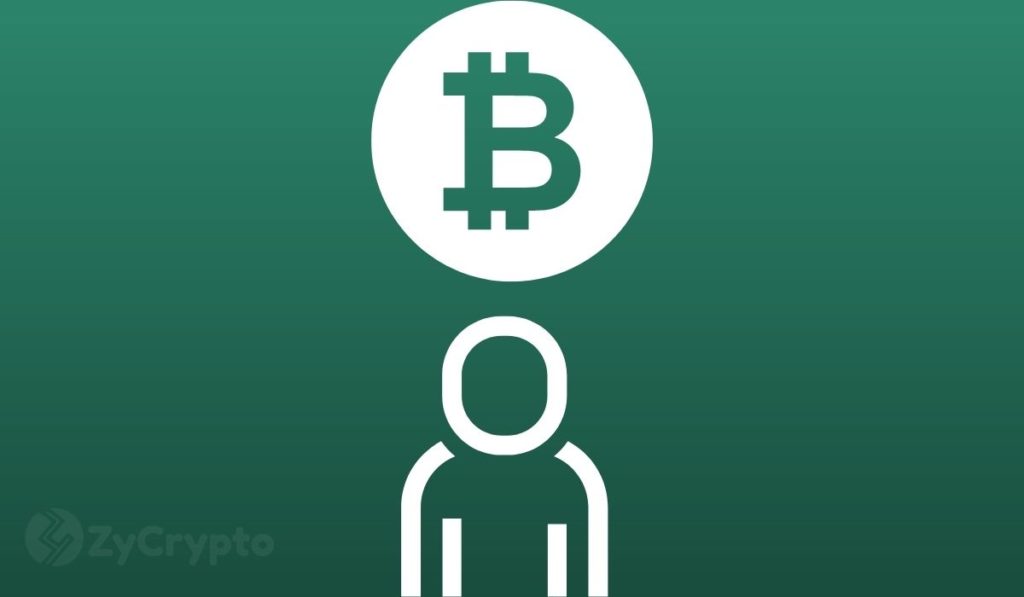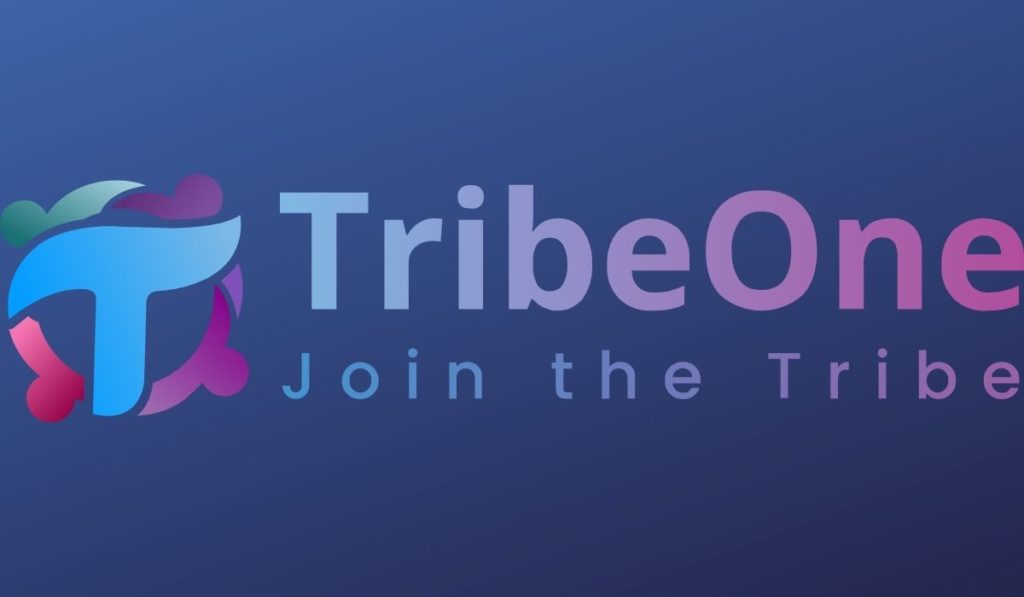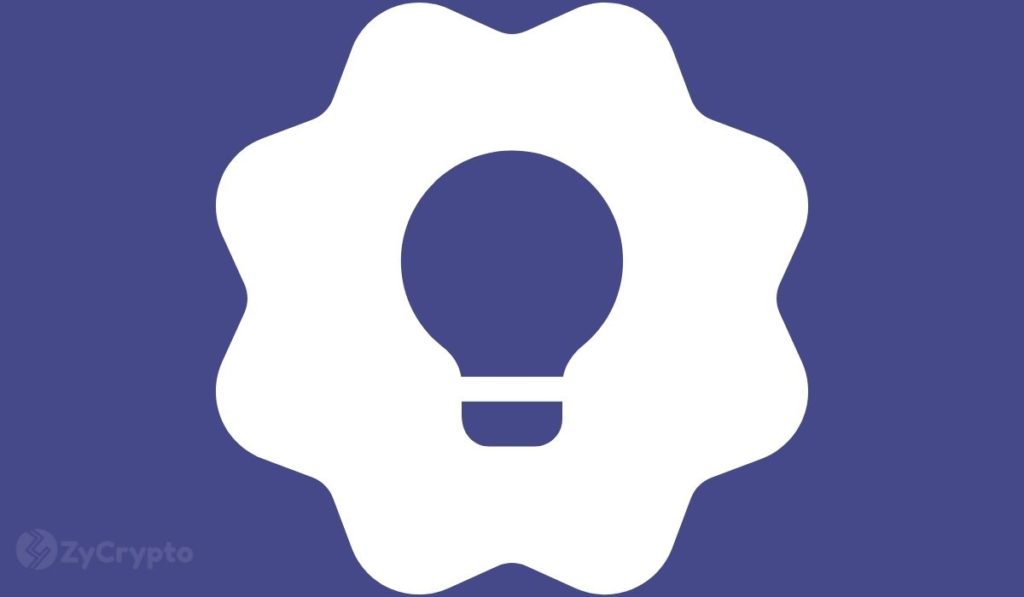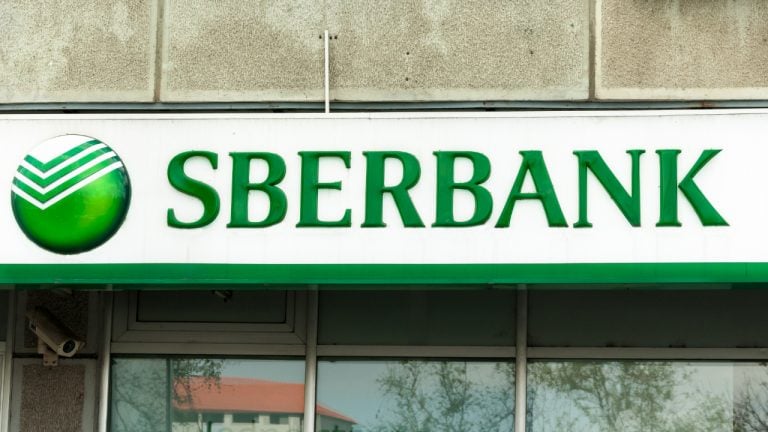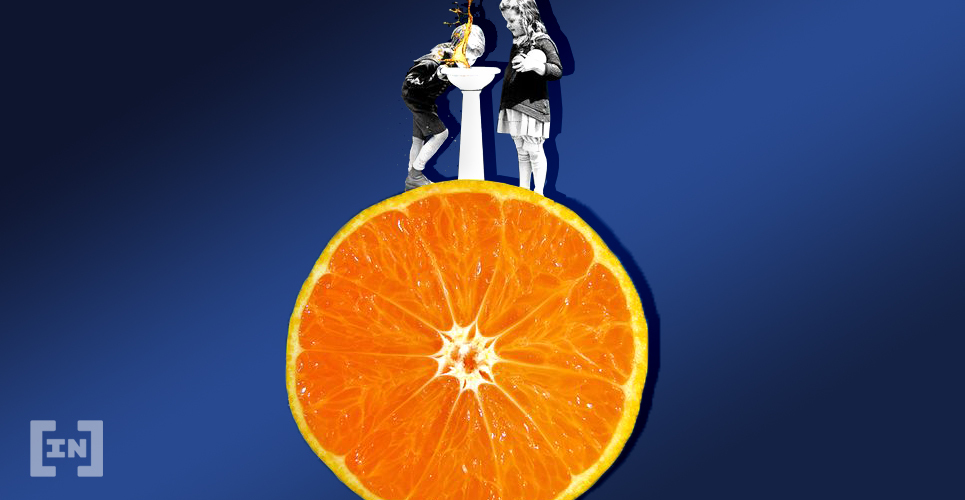2021-11-22 06:00 |
Marsel Adawi studied computer science in Palestine but it was trading that first interested him in cryptocurrencies. However, like other newbie traders, he found he wasn’t very good at it, didn’t have the trading instinct and soon had lost most of his initial capital.
Instead, he turned his attention to the technology underpinning cryptocurrency and found that much more interesting.
“I realised that I wanted to have a career in cryptocurrencies.”
Two years later Adawi is the founder and CEO of OptionRoom, a decentralized forecasting portal that speculates on the outcome of real-world events.
The presidential election outcome was a popular wagerForecasting markets are financial instruments that are used to trade the outcome of future events. For example, in the recent US election, there was a binary choice between Trump and Biden. People who bought the outcome of Biden winning the election, ie forecasting the correct outcome, got rewarded, while those who bought the wrong outcome lost their investment.
There is both a history and science to forecasting. In the early 1900s, a popular game was to guess the weight of an Ox at a fair. People who wanted to guess had to buy tickets. It turns out that the more people are involved in such an enterprise, and if they must purchase a ticket to be involved, then the median answer will be in the top 1% of the actual weight. Volume and investment trigger this result every time.
“This is often referred to as the crowd wisdom affect where a high degree of accuracy can be achieved.”
OptionRoom is based on blockchain technology, and the blockchain is a closed network of computers.
Oracles were needed to bring in outside data“The security of the blockchain is based on this closed system but we needed to import external data and that is where we use Oracles. The Oracles are entities that bring information from the real world into the blockchain.
“It could be price data, weather data or any other type of data that needs to be accessed.”
OptionRoom will in time be different from other Oracle fed entities with the availability of qualitative data sets.
“The plan is that we won’t use outside data sources such as databases or via APIs but we will source it directly from people. We refer to this as a governance Oracle and the added value is people can analyse data beyond machines. Machines may be faster and more accurate, but people can perform more complex analysis.”
Not everything can be done by a machineExamples of complex human analysis include insurance arbitration which cannot be automated.
Governance is maintained on the platform through two tokens. The first token is a utility token, the Room token, the second is a governance token, the Court token, which has a limited supply of 45,000. When users stake their Court tokens, they receive voting power in the governance of the platform.
Typical governance voting might be on different governance proposals for market resolutions and for Oracle requests.
Community is vital to the smooth functioning of the site“OptionRoom needs an engaged community and active voting to be successful. We were influenced by an article written by Vitalik Buterin on forecast markets and the role they play in politics and in predicting outcomes of events. When we add financial incentives to the equation we will get far more accurate results.”
Adawi gives the example of two people talking about an upcoming football match. Typically, if asked to predict which team might win, people might suggest their favourite.
“However, if asked to bet $100 on the outcome, then the results would be much more analytical as it’s no longer about favourites but accuracy. This feeds back into the wisdom of the crowd.”
OptionRoom is based on a decentralized platform which is very important to AdawiThe future building includes quadratic voting – at its simplest is best explained by using multiple inputs for the same question, like asking how strongly one might agree or disagree on a question. The results can be a range of answers for the same question. This is being developed for the Oracle part of the protocol. Marwel remarks:
“Whatever you do on our platform cannot be controlled or stopped.”
Currently, OptionRoom is in beta, in its third iteration, with mainnet coming this quarter. The team is gathering feedback from the beta users to fine-tune the platform. Oracle as a service is also timetabled for this quarter.
Dealing with a hack on Chainswap nearly floored the teamAs with all startups, sometimes there are activities outside the control of the team. In this case, the Chainswap hack directly impacted OptionRoom with the hacker getting access to $800,000 of Room tokens. Adawi and his team had to make a choice, and fast. Literally, they had thirty minutes to decide how to proceed. On decentralization, Marwel said:
“We believe in decentralization and so we could not control the platform – we couldn’t control the main token contract or pause trading.”
Instead, they liquidated whatever assets they could to recover as much liquidity as possible to devalue the tokens that the hacker had in their possession.
“We issued a warning on Twitter and Telegram to tell everyone – and also that no one would buy the token after the hack.”
The next step was to recover liquidity using the team’s liquidity, which they deposited on Uniswap and Pancake swap.
“Our issue was that a lot of our users had deposited tokens in an LP farming programme. We couldn’t get them to withdraw fast enough so we took a snapshot of everyone’s positions and airdropped their tokens after the event.
“We managed to minimise the total possible damage from $800,000 to $32,000. We are talking to all the exchanges affected, and we are on track to continue building the platform again.”
OptionRoom survived but it was scary and meant the team had to act very quickly. Adawi personally has also been in direct contact with more than 600 users of the project on social media.
“We had two options, act fast or let the project die. We weren’t prepared for the latter to happen.”
When the going gets tough, the tough get going. Such endurance bodes well for the long term success of the project.
The post How predicting real-world events is becoming its own industry appeared first on CryptoSlate.
origin »Bitcoin price in Telegram @btc_price_every_hour
OWNDATA (OWN) на Currencies.ru
|
|
